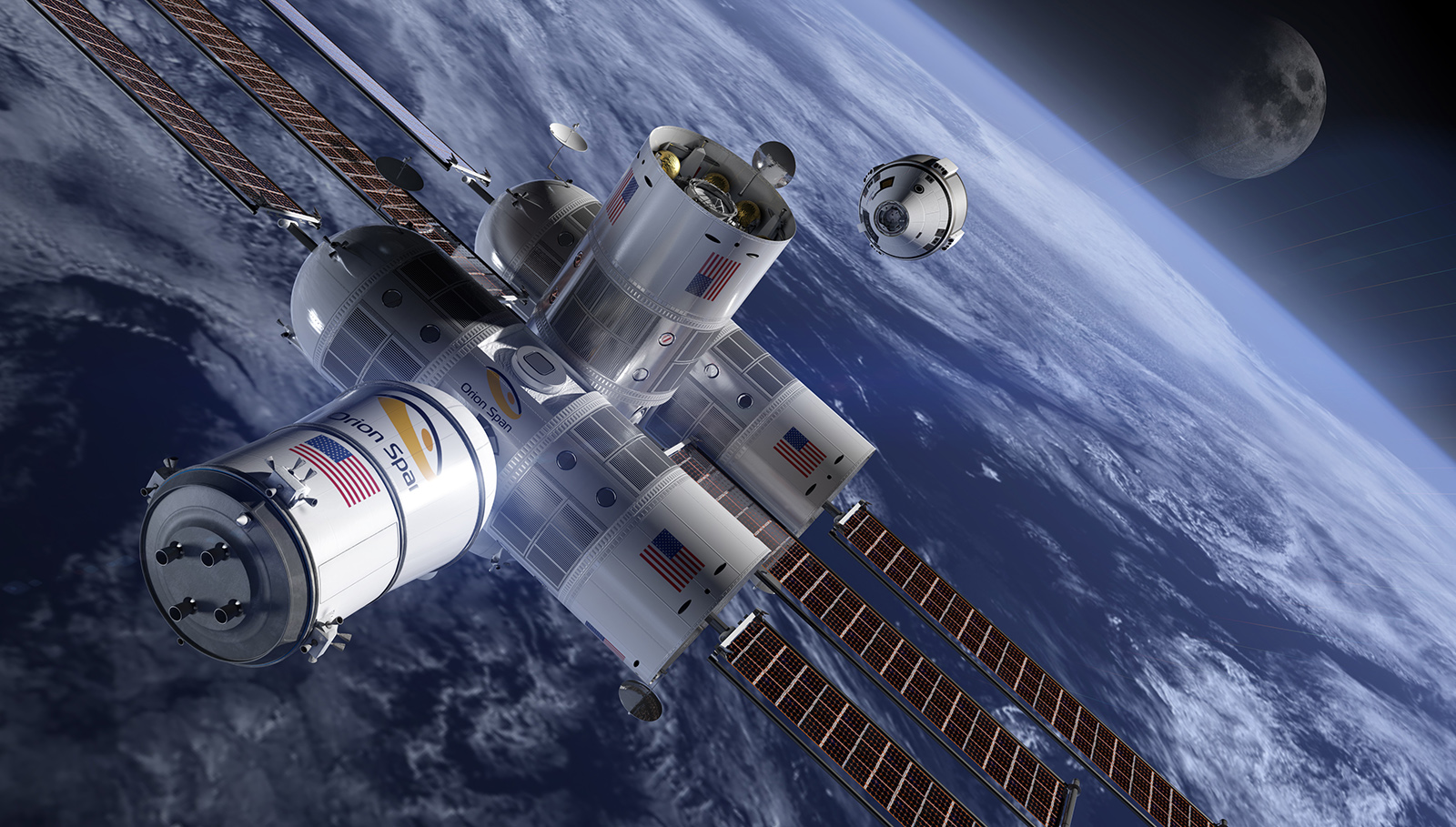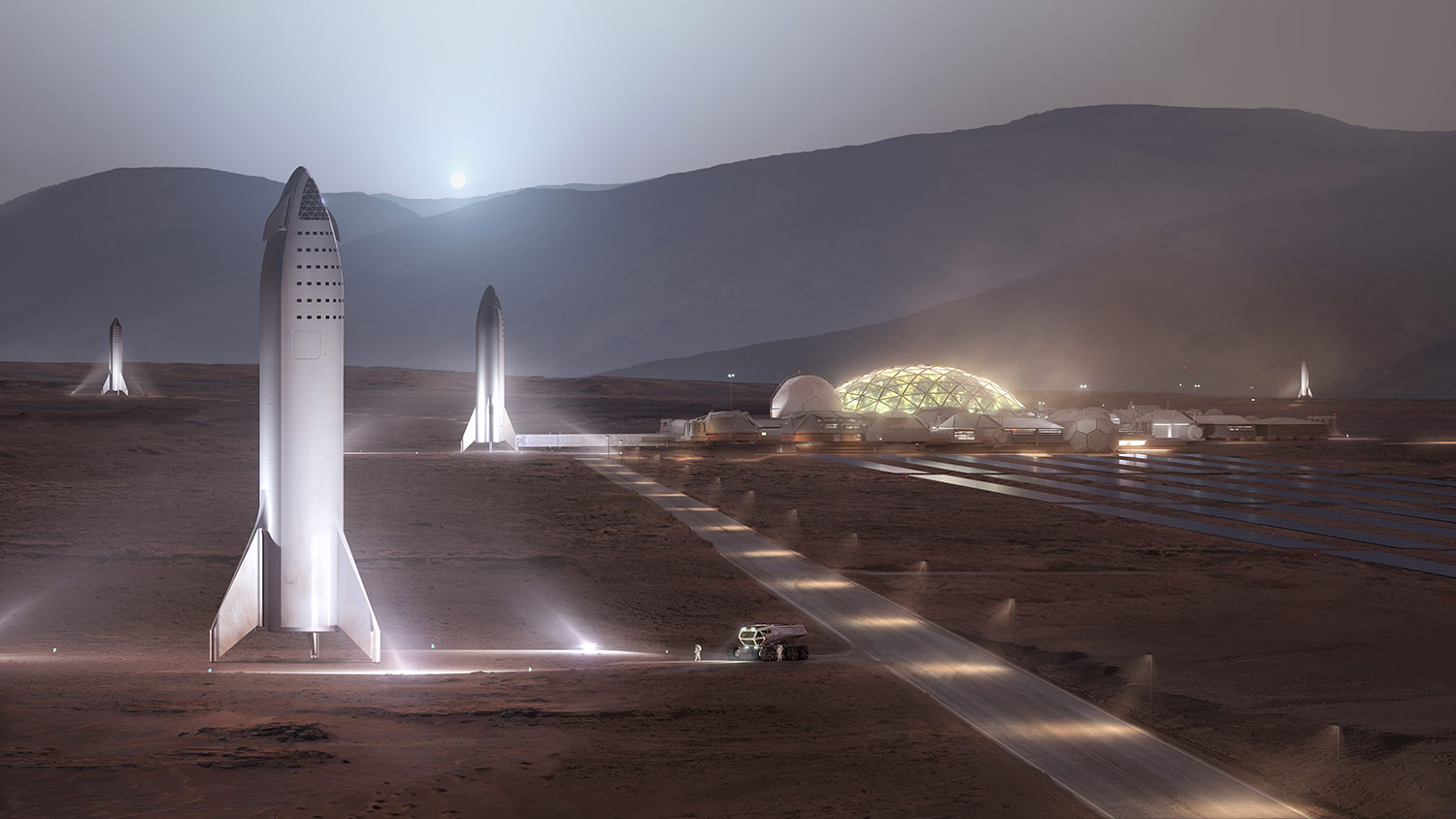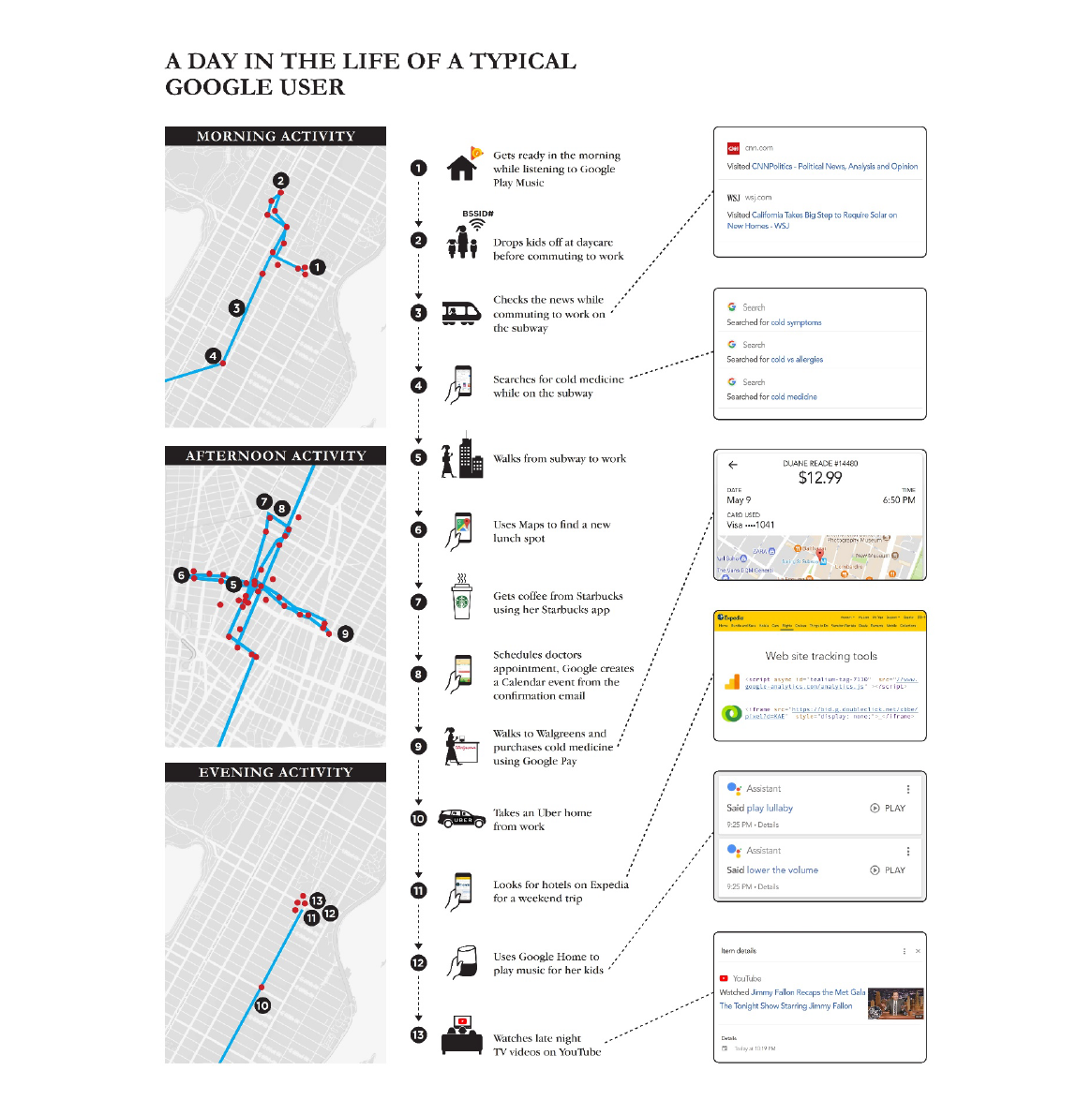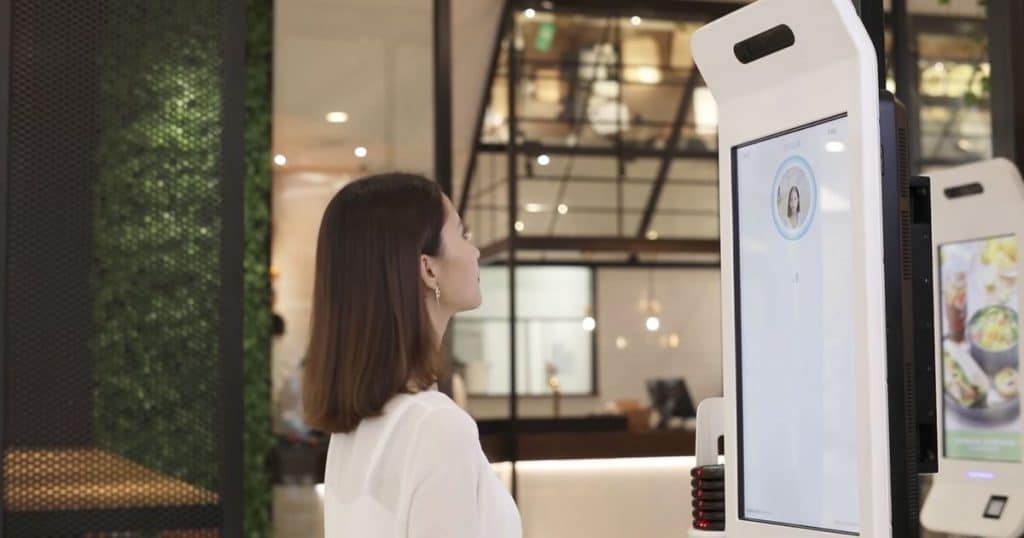Past Technology Predictions for 2020: Did They Come True?
06 February 2020
By Hannah Seeckts
Over recent months, plenty of people have contributed their two cents in terms of predictions for 2020 and what the following decade will bring, us included. But, what about all the predictions made in previous decades about what the world would be like by 2020?
Whilst some twentieth-century futurists had visions of flying cars, time travel and space colonies by 2020, other predictions that may have seemed completely outrageous at the time are no longer far from reality, if not already!
Here, we take a look at some of the biggest past predictions for 2020 and see how accurate they really were.
Holidays in space

Aurora Station – Image Credit: CNN Travel
From the 1980s onwards, there have been plenty of bold predictions for our advancements in space by 2020. From humans landing on Mars to two-way communication with aliens, the idea that this would have been achieved by now seems absurd. However, one prediction that is a bit closer to reality, although not quite true yet, is the idea of holidaying in space.
Aurora Station, the first ever space hotel, is set to open in 2021 and is being created by US-company Orion Span. It is designed to be big enough for six people, which includes two members of crew, and, during the trip, you will experience life in orbit.
Another big development in the space industry is Elon Musk’s SpaceX which is continually looking for ways to allow humans to become a ‘multi-planet’ species. Musk’s company has been key in commercialising the space industry in recent years so, whilst space is yet to become a regular holiday destination, this decade could herald exciting new times for space travel.

SpaceX
Supercars
By 2020, Dyson predicted they would sell an electric car, Toyota bet on self-driving highway cars and Uber suggested they would be deploying flying cars in their fleet. None of these have come true yet, but advancements are being made in that direction, sadly just not in time for 2020!
Despite Dyson cancelling their electric car project, plenty of automobile companies are now selling electric cars and these are going to become increasingly common. Governments will continue to phase out the buying of new petrol and diesel cars, with the UK set to implement this ban by 2035.
Similarly, driverless cars are not completely ready for the roads yet, but there have been tests in recent years leading up to 2020. Uber is one of the most recent companies to look into autonomous cars but there are still plenty of hurdles to jump first, for manufacturers and insurers alike.
Whilst we may be about to have driverless cars, sadly we are yet to see flux capacitors take us back to the future…
Robot intelligence
Plenty of people have been convinced for decades that robots were going to take over the workplace by 2020. Not only were they going to replace human labour, with the help of AI, many in the early 2000s also expected these robots to be emotionally intelligent too.
Robots are becoming increasingly common in automated production lines, particularly in the car manufacturing industry, which is demonstrated by Tesla’s Model 3 manufacturing line that is 95% automated. However, the prediction that robots will have taken over physical labour across all manufacturing industries by 2020 has not yet come to pass.
In terms of emotional intelligence, futurist predictions for 2020 have also missed the mark. However, artificial intelligence has, without doubt, developed considerably since the start of the 21st century and this is clearly seen in the explosion of items such as voice-activated speakers and self-parking vehicles.
Robot intelligence may develop in a different way to what was previously predicted for 2020 but it will certainly continue to develop and become more prominent throughout the next decade.
Mobile monitoring
One of the biggest areas of tech that people in the past have been keen to make predictions about for 2020 is mobile phone usage. This includes the collection and storage of data and the directions this technology could advance in.
In 1999, a futurist, Ray Kurzweil, predicted that by 2020 “each individual’s practically every move will be stored in a database somewhere,” which is scarily accurate when we consider the amount of data we store and input into our smartphones daily. This is also evident in autonomous vehicles which can currently store between 5-20 TB a day.

‘A Day in the Life of a Typical Google User’ from the Google Data Collection report by Digital Content Next. Shows the ability of an Android phone to track a user’s movements.
Some of Kurzweil’s predictions went even further by guessing that humans would have computers embedded in their bodies by now which, whilst not yet the case, feels distinctly Black Mirror-esque.
Another prediction whose truth can be seen in smartphones, among other technologies, in 2020 is the diminishing importance of the handwritten signature. Eric Haseltine suggested in 2000 that written signatures would be “quaint” things of the past by 2020.
They are far from redundant but the rise of biometric IDs, such as voice and fingerprint recognition, are slowly beginning to phase out signatures, for example with Google and ApplePay and the rise of FinTech banking apps. Even face recognition technology is becoming a more common means of validating transactions and, in China, shoppers can use a facial payment technology called ‘Smile-to-Pay’.

Smile-to-Pay facial recognition technology in China. Image Credit: Biometric Update
Predictions a near-miss but speeds consistent?
In 1965, the former CEO of Intel, Gordon Moore, published a paper suggesting that technology would either double in capacity or half in physical size every two years (he was talking about transistors used in central processing units). This has proven to be a correct prediction, as the number of transistors in common CPUs has increased from 3510 in 1975 to 20.8bn in 2020.
So, whilst 2020 might not look exactly as people had predicted in terms of flying cars and robot staff, it’s hard to deny that a lot of the past technology predictions for 2020 are closer to today’s reality than the critics of futurists decades ago could have believed.
HS.